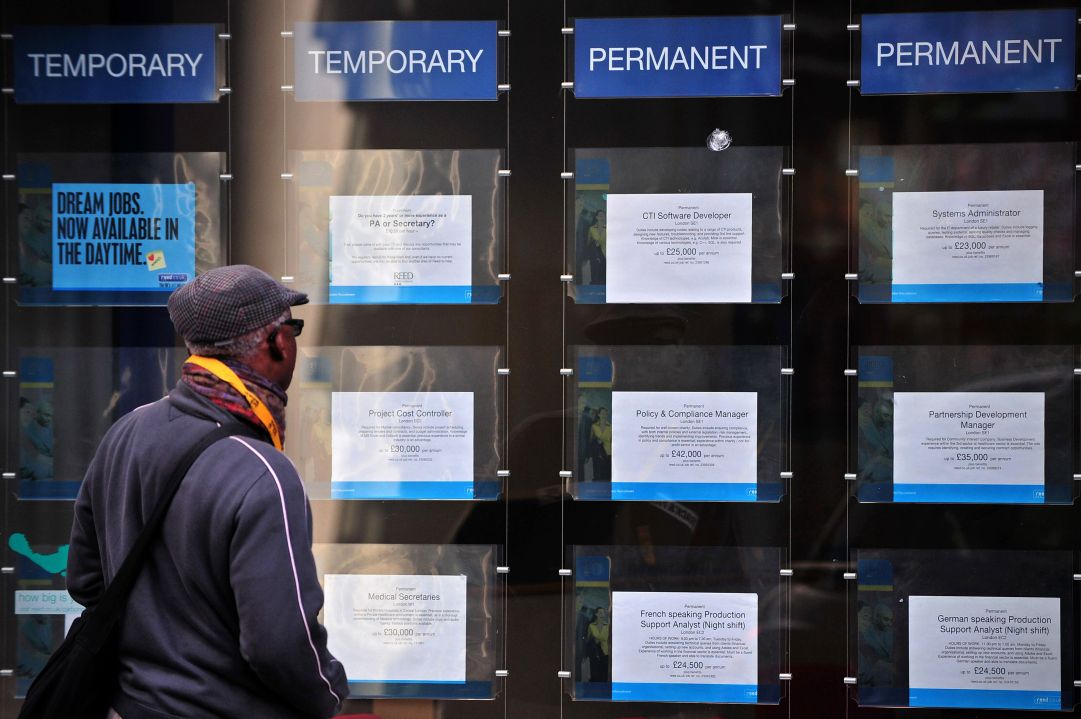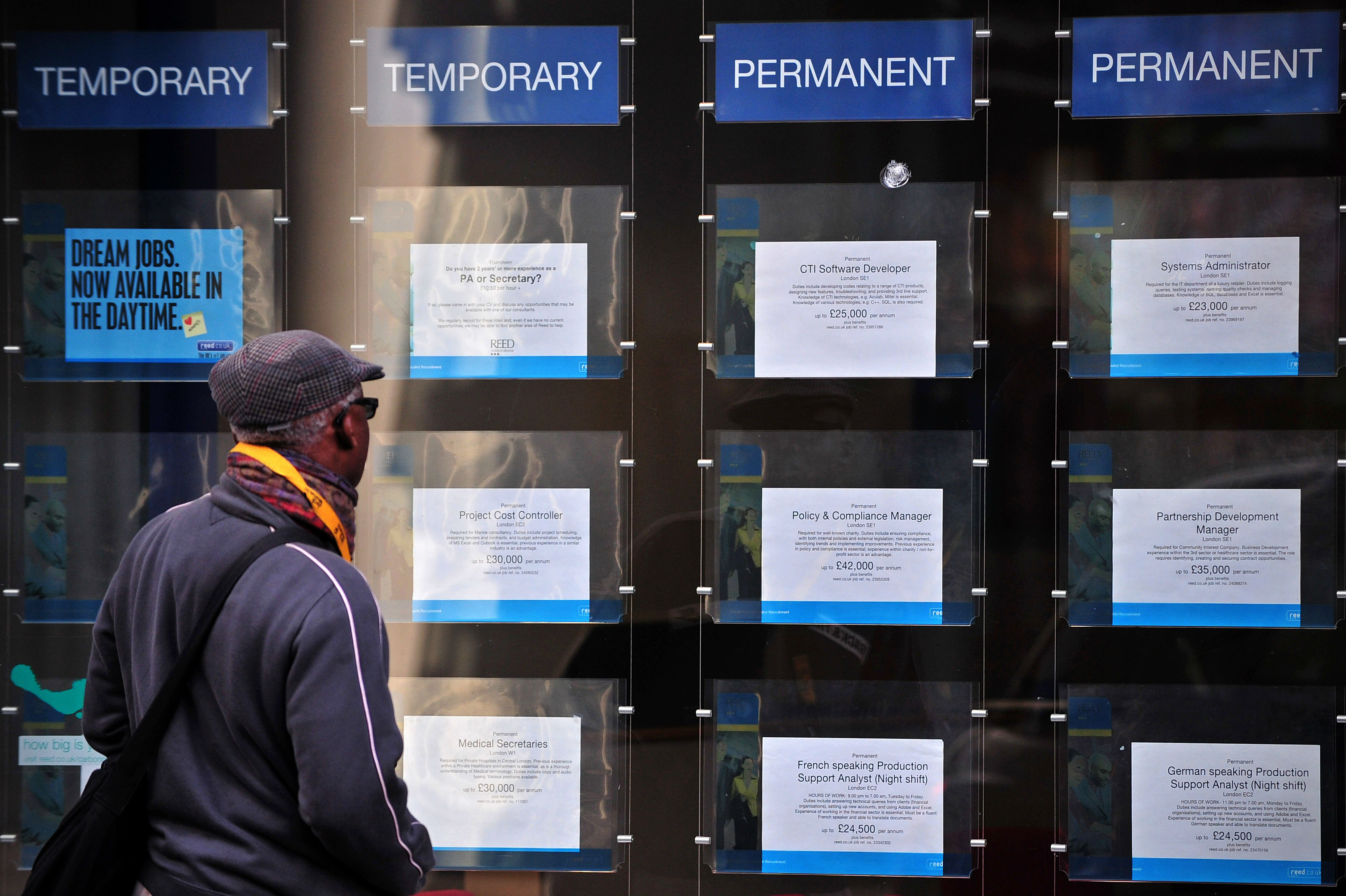A recent Coffee House blog quite rightly noted that many British people are concerned that high levels of immigration have hurt their jobs, wages and quality of life, and noted too that this anxiety is understandable as workers have had a rough ride in recent times. Yet the authors, self-styled data-crunchers from the LSE, say that ‘the bottom line is that EU immigration has not significantly harmed the pay, jobs or public services enjoyed by Britons’.
One might think that the lack of harm, let alone significant harm, is a poor argument for anything. On pay, real wages are little different from a decade ago. The counterfactual — which surely is not beyond the capabilities of the professorial economists — is where wages might be now if over that time we had not seen an increase of 2.5 million in the number of workers from abroad, more than half of whom have come from the EU. Indeed, looking forward, the CBI refers to the prospect of any dampener on business’s ability to take advantage of poor pay and prospects elsewhere in the EU as ‘risking’ pay rises in the UK. Similarly, the pleas of employers in some of the lowest-paid sectors of our economy that this would render them ‘uncompetitive’ raises the question of whether that competition is not simply a race to the bottom on wages enabled by an effectively limitless supply of cheap labour from abroad.
As to jobs, while it is true that employment rates have returned to pre-recession peaks, an increasing proportion of jobs — even for the UK-born — seem to comprise precarious zero-hours contracts and part-time working together with increasing demands for all-hours flexibility that for many of the resident population are simply impossible to meet. It is a canard that these are jobs at which Brits turn up their noses. A single mother in Northamptonshire simply cannot be on call at all hours of the day and night for the new sandwich-making factory and government boasts of more free childcare for all are little help to her in competing for the job with young men brought in from Eastern Europe.
On public services the position is even more clear-cut. This week’s announcement by the government of extra hundreds of millions for GP funding is merely an admission of the failure to respond to pressures placed on vital services by a growing population. And the evidence is undeniable of increasing numbers of children in overcrowded classes.
Notably absent from the economists’ assessment is the pressure on housing. This week’s Newsnight gave a graphic example of how family homes were being bought up and let out as houses of multiple occupation to transient fruit-pickers. The economic benefit to landlords was clear. The dis-benefit to the local population was just as clear.
In the context of debate ahead of the referendum, the public are not short of common sense but it behoves experts to understand and respond to public concerns. It seems that the ‘rough ride’ they acknowledge is perhaps rather more to do with immigration than they are prepared to concede.
Finally, there is an extremely important matter entirely absent from their consideration. That is the consequences for our society of continued rapid population growth with literally no means of reining it in. At half a million a year it is the fastest rate for nearly a century. We are now heading for 80 million in 2060. Even that depends on an assumption, nothing more, that the level of net migration will fall by about 40% and stay down. The public can be forgiven for treating the contribution of economists with great caution.
Lord Green founded Migration Watch in 2001. Migration Watch’s blog can be found here.







Comments